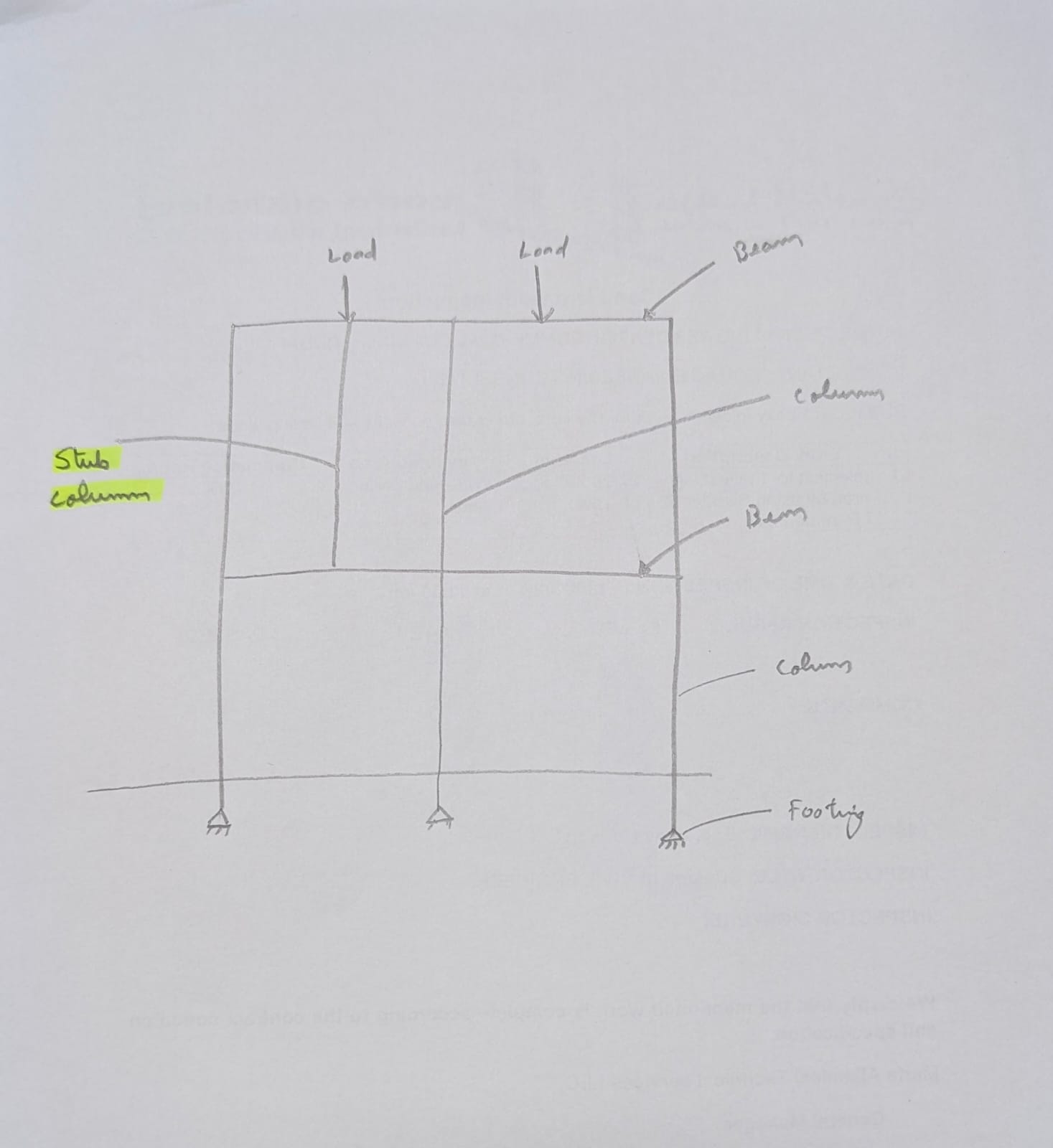Why a civil engineer must wear sunglasses at site
WHY A CIVIL ENGINEER MUST WEAR SUNGLASSES AT SITE
A civil engineer must wear a sun glass while at work site because long-term exposure to the blue and violet portion of the solar spectrum has been implicated as a risk factor. Sun’s brightness and glare interferes with comfortable vision and the ability to see clearly . Wide-brimmed hats and caps can block about 50 percent of uv radiation from the eyes. But optometrists say that is not enough protection. Spending just two or three hours in bright sunlight can hamper the eyes’ ability to adapt quickly to night time or indoor light levels. This can make driving at night after spending a day in the sun more hazardous.
You don’t necessarily need the expensive glasses to block out uv rays. Good sunglasses will give distortion free vision. Not only civil engineers everybody should wear sunglasses outdoors whether they are working, driving, participating in sports, taking a walk, running errands or doing anything in the sun.
Sunglasses should block out 99 to 100 percent of both uva and uvb radiation and screen out 75 to 90 percent of visible light. 90% of people believe that protecting their eyes is key to overall health.
Most sunglasses offer 100% uva and uvb protection.
Look for sunglasses that fully cover your eyes. Wrap-around lenses are even better they block out light and glare from the side & front.
WHY POLARIZED SUNGLASSES ARE BEST
Polarized lenses are the most effective lenses for blocking glare. Polarized sunglasses work by filtering out certain frequencies and orientations of light which is harmful to human eyes. To polarize a material for light, etches of scratches must be microscopically be put into the material. Only the light waves that are lining up with the scratches can pass through. This is the basis behind polarized sunglasses.
HARMFUL EFFECTS OF ULTRA VIOLET RAYS
-
CANCER
Cancer of the eyelids and skin around the eyes is more common than people think, protecting the skin around the eyes is very important
-
CATARACT
Cataracts are cloudy areas on the eye’s lens. According to the glaucoma research foundation, prolonged and long term exposure to the sun’s UV rays contribute to cataracts.
-
GLAUCOMA
UV exposure may worsen the symptoms of glaucoma, another serious eye condition that cause blindness. Sunglasses with complete UV protection can help reduce your risk of cataracts or complications from glaucoma.
-
MACULAR DEGENERATION
Macular degeneration is a condition where part of the retina, called the macula deteriorates causing impaired vision, in many cases eventual blindness. Certain types of uv radiation can speed up this process, wearing sunglasses may help protect you.
-
SNOW BLINDNESS
Spending time in the snow can be very damaging to your eyes. Snow reflects 80% of uv rays from the sun can cause a condition known as snow blindness, where glare from the sun actually burns the cornea.
-
HEADACHES & MIGRAINES
Exposure to UV radiations causes stress and strain to eyes that cause headaches. Long term exposure causes migraines.
MORE REASONS TO WEAR SUNGLASSES OFTEN
Fewer headaches & migraines. If you’re spending time outdoors, you’ll really benefit from wearing your sunglasses. Now the fun reason! Sunglasses come in many colors, shapes and styles. There’s sure to be one that you’ll love. You can even have different sunglasses for different activities and with different clothing styles. There is a government agency, osha that makes and enforces workplace safety rules and regulations. Osha requires safety glasses in environments where eyes are at risk. Getting sand in your eyes can be very painful and dangerous. Tiny grains of sand can actually scratch your eye and can cause permanent damage by wearing a sunglass or a safety glass can protect you from such accidents.


No comments yet. Be the first to comment!